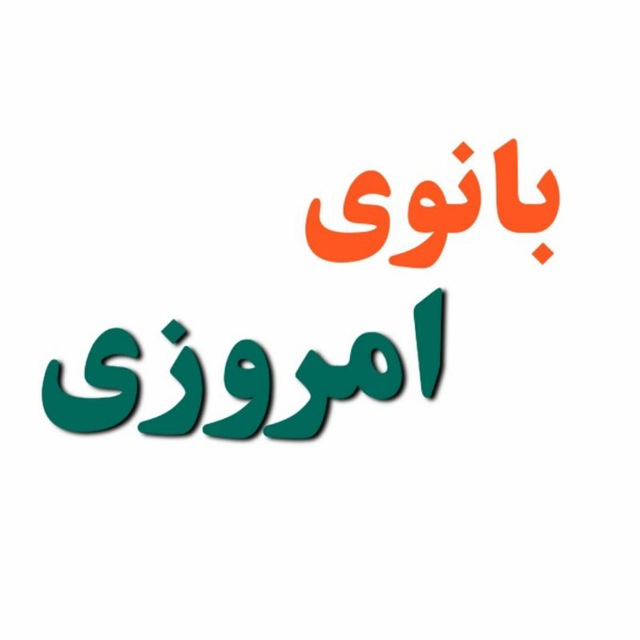Explanations of Dr. Sattar Azizi, a distinguished professor of international law, about the 2030 action framework
It is necessary to explain that all the propaganda of the fundamentalist headquarters about the contents of this document, whether encouraging sexual relations between children or spreading homosexuality or teaching masturbation to children under the age of four. Basically, it is a pure lie and the use of such desperate tactics to incite religious sentiments and use propaganda is regrettable and shameful.
In Dr. Azizi’s brief explanation, we get to know the legal basis of such non-binding documents.
What is the 2030 education document?
The 2030 document was compiled by UNESCO. This organization was formed in 1946. The goal of the organization, which is stated in Article 1 of its constitution, is to contribute to peace and security through educational, scientific and cultural cooperation so that it can develop global respect for justice, the rule of law and human rights.
The English title of this document is as follows:
Incheon Declaration and framework for Action:
Towards inclusive and equitable quality education and lifelong learning for all
The translation of the title of the document is as follows: “Incheon Declaration and Framework for Action: Towards Inclusive, Equitable and Quality Education and Long-Term Learning for All”
“Incheon” is a city in South Korea, and because the relevant conference was held in that city, it is known as the Incheon Declaration.
in the international law system; The documents that have the title “action framework” are called non-binding documents and they are called soft law. This phrase is opposite to Hard Law. Considering that this document is not binding and the Guardian Council has also announced that only binding documents should be approved in the parliament, therefore this document has not been sent to the parliament for approval. The provisions and materials of this document are not the source of legally binding obligations, but governments try to act within the framework of that document.
In fact, the 2030 document contains educational guidelines and suggestions that were compiled under the supervision of the UNESCO organization and the member governments of this organization have agreed to achieve the goals listed in it by 2030 (that is, 13 years later).
Like any other educational document, this document contains useful educational teachings and teachings, and in some cases, the contents of some of them may not match with our jurisprudential teachings and teachings. At the same time, the provisions of the 2030 document are not binding, but Mr. Rouhani’s government has announced to foreign parties in order to observe caution, that in the framework of observing the religious teachings and ethics of the Iranian society; implements the provisions of this document unconditionally. Therefore, the implementation of that part of the provisions of this document that may be contrary to our jurisprudence and moral teachings is not applicable in Iran.
This post is written by Sara_b_h
